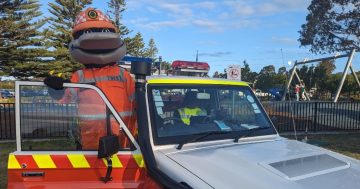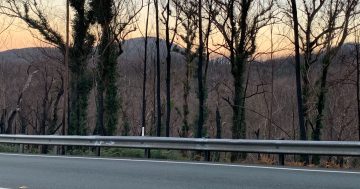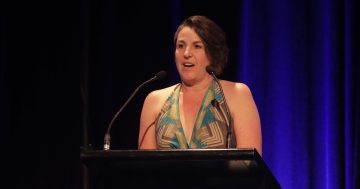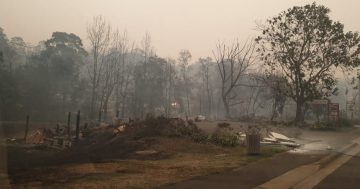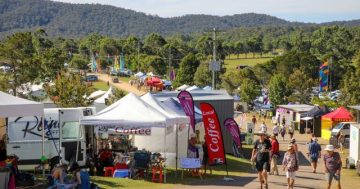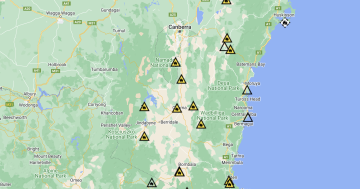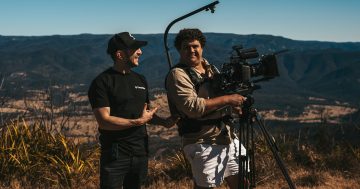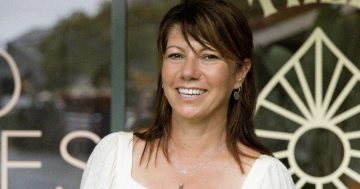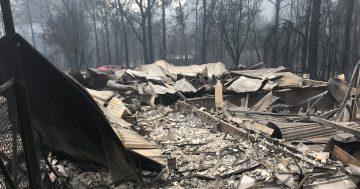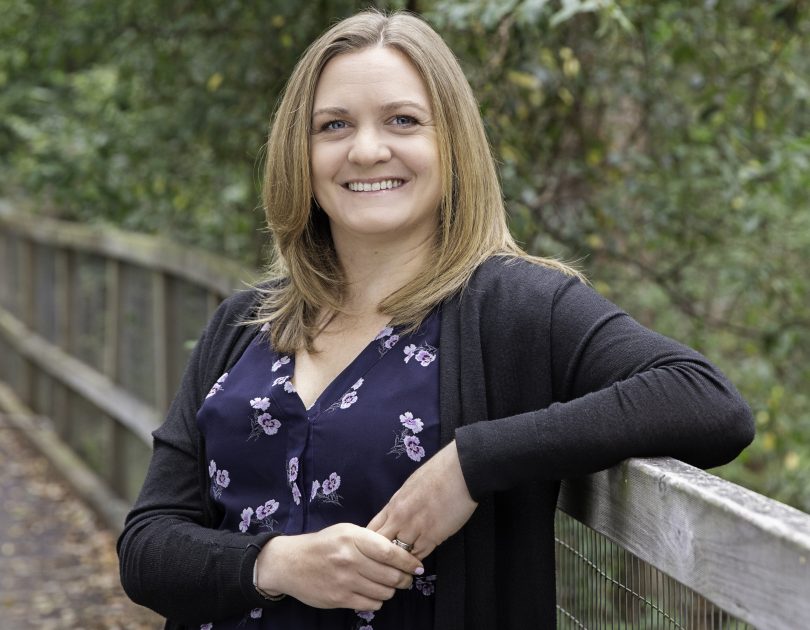
Clinical psychologist Stacy Shepherd is the director at Broulee Psychology. Photo: Supplied.
Clinical psychologist Stacy Shepherd has been working with bushfire victims since the 2019-2020 Black Summer, which burnt 79 per cent of her region.
Her psychology practice, based in Broulee on the NSW South Coast, still has clients who are living in temporary housing, caravans or couch surfing.
Stacy says Eurobodalla residents and many Australians who lived through the Black Summer bushfires will be feeling nervous as we approach another summer and bushfire anniversaries.
That’s why her practice, Broulee Psychology, has created a free seven-week online program for adults wanting to learn strategies to manage their mental health post-bushfires and during the COVID-19 pandemic.
Each module was created by Stacy and her team with a Facebook grant to provide strategies for coping including self-care, relaxation strategies, managing mindset and behaviour, and using social connections.
A good place for anyone to start is by remembering that this summer will be different from last year’s, says Stacy.
“This year is different from last year,” she says. “It’s much wetter, and while there will likely be fires in some places, it’s unlikely we will see a similar season.
“Often when we’ve experienced something such as the past summer’s bushfires, our danger system tells us it’s going to happen again and again – that’s our brain’s way of keeping us safe – but it’s important we step back, realise that it’s not last year and relax the body.”
Self-care is another way to reduce stress, however many people stop practising it when they are stressed, says Stacy.
“A lot of people also stopped practising self-care when COVID-19 began because people forgot that we could still go outside and enjoy our beaches and some social interactions, even if we had to get a bit more creative,” she says.
“So we have been focusing on basic self-care strategies with our clients: making sure we’re getting enough sleep, eating well, still exercising, going out and doing things we enjoy.”
Stacy’s team decided to run its bushfire recovery program online during COVID-19, and also make the program more accessible to anyone who may not feel comfortable with a face-to-face session or taking part in a session with other people from their town.
“The other positive thing about it being online is that people from outside Eurobodalla have also joined, including people from the Blue Mountains, Ulladulla, Nowra and Bega,” says Stacy.
Each module is accessed via the program’s Facebook group or email. Participants can also ask questions via Facebook or email, which Stacy and her team answer for everyone, but keep the question’s author anonymous.
The seventh and last module also provides strategies for parents of bushfire-affected children. Broulee Psychology received another grant to run Stormbirds – a program created specifically for children who have experienced a natural disaster – but didn’t find many participants because the program is also running in local schools.
“Therefore we have focused on supporting parents,” says Stacy. “I think we’re going to have a lot more progress if we can help parents to feel better and talk to their kids to provide reassurance, help them to talk about their feelings and normalise the experience.”
Stacy is still hoping to run an online group specifically for parents and children in early 2021.
The form to join the current program is available here.






